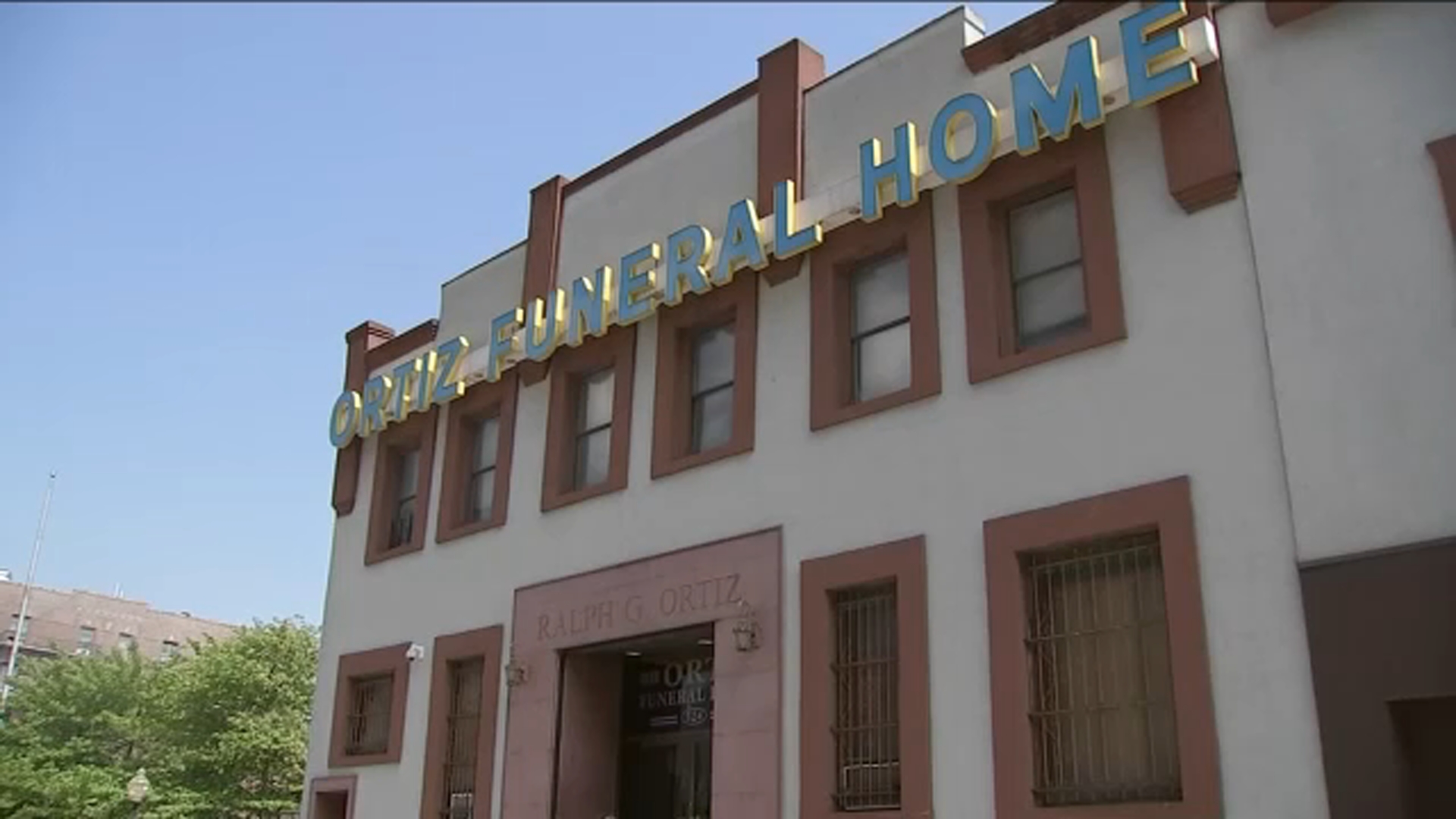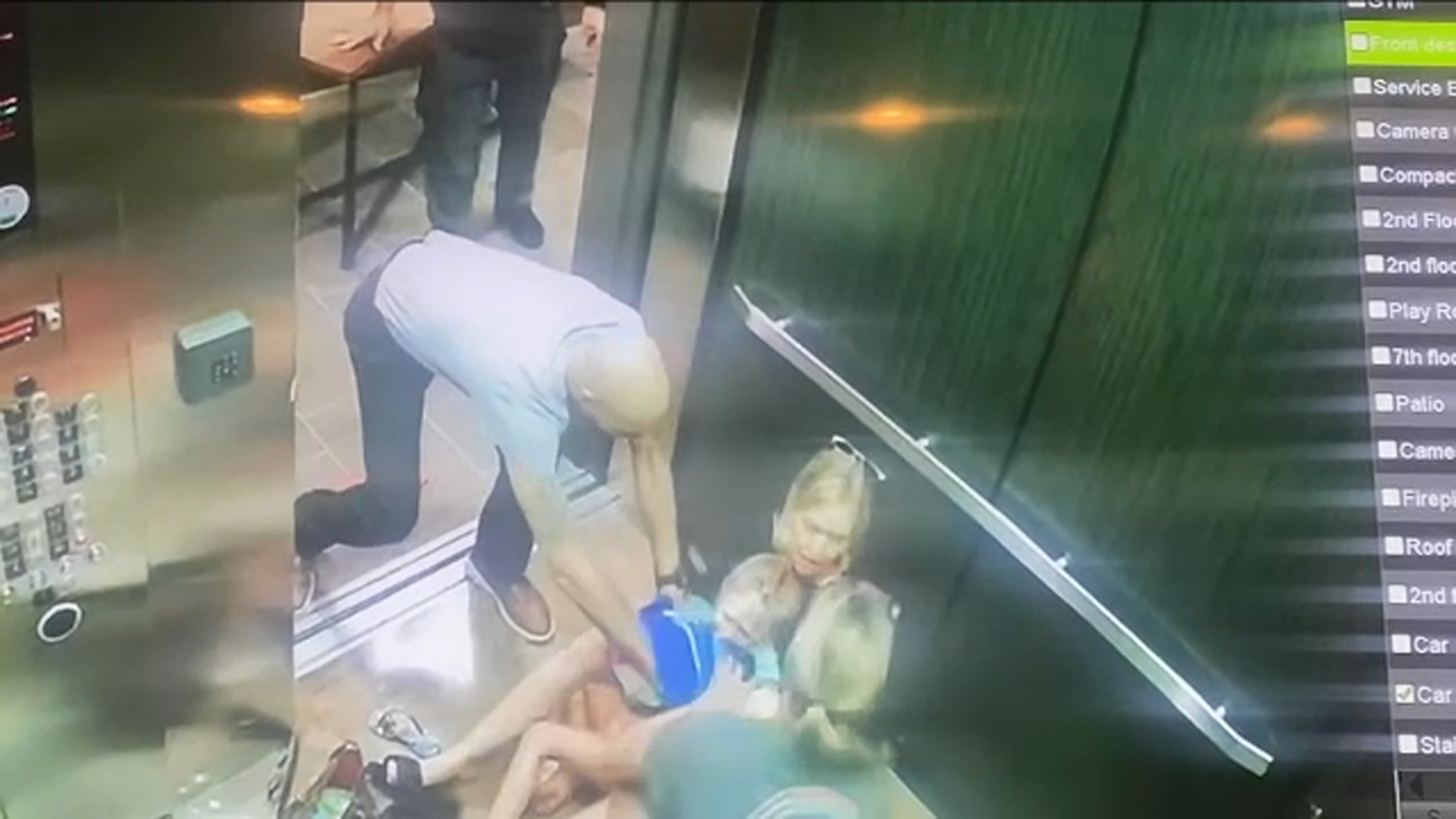Jets' Lorenzo Mauldin finds stability after turbulent childhood

FLORHAM PARK, N.J. -- Lorenzo Mauldin remembers the fights, so many fights. Most of them occurred when he was 14 and 15 years old, provoked by cruel kids who mocked his appearance.
He often wore the same clothes for days at a time, tattered jeans and busted shoes held together by duct tape. He spent his entire childhood in foster homes, moving more than a dozen times with everything he owned packed into a brand-name travel satchel.
Gucci?
No, it was Hefty.
Mauldin wasn't able to make trips to the local shopping mall to fill his trusty trash bag with new clothes, making him a target for ridicule. The other kids laughed at him and his younger brother, and the rage came quickly.
He fought back, answering every taunt with a punch.
"I was a troubled child," he said last week. "I had a lot of anger built up. A lot of people were picking on us because we were different. That was the only way I could relieve stress. I was mad at the world."
It was understandable. The world was a mean S.O.B. to him.
Mauldin, an intense, versatile outside linebacker at Louisville, was drafted by the New York Jets in the third round. He has a new home and a new job, one that will pay him more than $1 million in the first year. He could see playing time this season in certain defensive packages.
Those close to him say his story is worthy of a movie script, and maybe they're right. It transcends football.
Born to an alcoholic, drug-dealing mother who has been imprisoned for the better part of the past 16 years, and to a father who wasn't around much because he, too, was in and out of jail, Mauldin was placed into Atlanta's family foster care system. So were his four siblings.
He never stayed in one place very long, bouncing from group homes to individual foster families in an odyssey that began when he was 2 years old. He can't remember the exact number of places he lived; he lost count after a dozen or so. He had no family life, no roots and no sense of stability.
"I was just trying to survive, find money and food," Mauldin said. "It became a lifestyle. We didn't think too much outside the box, we just knew that's how we were living."
It was no way to live, of course.
Some of the foster parents were cold and uncaring, pocketing the $400 monthly check instead of buying clothes for Mauldin and his brother, Taiwan. The boys found a way to make their own money, taking out the neighbors' trash and running errands to the grocery store.
Their mother, Akima Lauderdale, tried to help. But she was a coke dealer, according to Mauldin, disappearing for long stretches. In 1999, when Lorenzo was 7, she was convicted of voluntary manslaughter and sentenced to 20 years.
Lauderdale was released early, but her freedom was fleeting. In 2006, she was arrested for aggravated assault, and back to prison she went. She's currently in prison on a different charge, but she and Mauldin talk almost every day and, yes, she was able to watch the draft on TV.
From 1994 to 2005, Mauldin lived in six different foster homes.
"The reason I bounced around so much is because me and my brother would fight a lot and people couldn't deal with it," he said. "That's what brothers do, they fight. Some people couldn't deal with it, some people could.
"Others would abuse their authority and take our money," he continued. "Our case workers would see that and move us from home to home, or we didn't like the home or felt neglected or just mistreated."
When Mauldin was 13, he was assigned to Monique Gooden. Unlike many of the others, she genuinely cared for him and Taiwan. She would become one of Lorenzo's biggest supporters, but it was a strain at the time. She was only 26 and the two boys turned her living room into a WWE ring, fighting all the time.
It broke her heart, but she contacted the Division of Family and Children Services, which split up the boys.
"He had a very short fuse," Gooden said of Mauldin, who later returned to live in her home for another few months. "If anybody said anything to him, he went off, zero to 100 in three seconds."
The violence continued all the way into high school, landing Mauldin in juvenile corrections on more than one occasion. In retrospect, he called it the turning point in his life.
"That was a life-changing situation for me, fighting," he said. "After all of that, I just told myself, 'You can't go down this road. Your mother and father are doing the same thing, and you can't follow in their footsteps. You have to find something else to do.'"
He did. He found football.
"It may sound clich," Gooden said, "but football saved him."
It was the perfect marriage because Mauldin was big and athletic, and he was able to channel his aggression on the field. He attracted college recruiters, eventually making a verbal agreement to attend South Carolina.
"All of my anger went to football," he said. "I could release all of that anger and come off the field and be relaxed. I used football as a mediator."
Because nothing came easy to Mauldin, he was forced to change his college plans when, on signing day, he discovered South Carolina no longer had a scholarship for him.
Imagine: You're all set to put on a Gamecocks cap and mug for the cameras only to learn you're not wanted. South Carolina over-recruited and needed to pare its list of commitments, so it started with Mauldin because he had yet to qualify academically. It was crushing. He felt like he was 13 again, shunned by another family.
Enter Bart Hester, who was introduced to Lorenzo through a mutual acquaintance. They formed a bond that still exists. Hester paved the way for Mauldin to attend Louisville, using a contact -- his neighbor, Georgia Tech coach Paul Johnson -- to connect with then coach Charlie Strong. Mauldin qualified and he was off to Louisville, sans the traveling trash bag.
"'Resilient' is one word I'd use to describe Lorenzo," said Hester, a health-care executive in the Atlanta area. "He was optimistic without reason. A lot of people would fall to despair, throw up their hands and say, 'This is my lot in life.' He has a unique spirit. He said, 'I'm not going where the gravity is trying to pull me.'"
Mauldin played four years at Louisville, started 31 games and made All-ACC as a senior, but it was a difficult adjustment in the beginning. Because of his turbulent upbringing, he found it difficult to trust people.
Perhaps embarrassed, he didn't want anyone to know his background. Then one day he was taken by ambulance to a hospital after suffering an injury in practice. Chris Morgan, the team chaplain, told Mauldin he'd notify a family member on his behalf.
Mauldin told him he had no one to call.
By the end of his career at Louisville, he had plenty of people. Happy and confident in his environment, Mauldin tore down the emotional walls, revealing his true personality. He was popular on campus, a remarkable success story that generated plenty of buzz in the media.
He graduated in 3 years with a degree in communications, and of course Hester and Gooden flew up to see the ceremony. Previously, they were his escorts on Senior Day, along with assistant coach Clint Hurtt. For graduation, Gooden said she "got chill bumps and shed a few tears" as Mauldin walked across the stage.
For Mauldin, it was the thrill of a lifetime.
"It felt like a Super Bowl," he said. "A Super Bowl of academics."
They ate chicken wings and played charades on the second night of the NFL draft, passing the time until Mauldin's name was called. More than 25 people gathered at his girlfriend's house in Lexington, Kentucky, to celebrate the occasion.
Mauldin repaired to a quiet room upstairs when the call came from the Jets. Actually, it came twice; he missed the first one. The Jets called back moments later. He recognized the 973 area code on his phone, tipping him off to what was about to happen.
Everyone started screaming, and Mauldin was so overcome with emotion that he nearly fainted. Friends slid a chair under him, just in case he collapsed. No one wanted to catch a 6-foot-4, 260-pound body.
"That big, ol' boy was about to pass out," said Gooden, laughing at the memory.
There were tears and laughs and hugs. Lorenzo gave a speech and, naturally, he choked up before he could finish. The little boy with no family life and so much anger was gone; here was a 22-year-old man, at peace, surrounded by love.
A few days later, Mauldin stood in the Jets' plush locker room and was asked about those long-ago fights with the cruel kids who laughed at his old shoes and dirty clothes.
He paused for a moment.
"Look at me now, that's all I can say," he said. "Look at me now."




